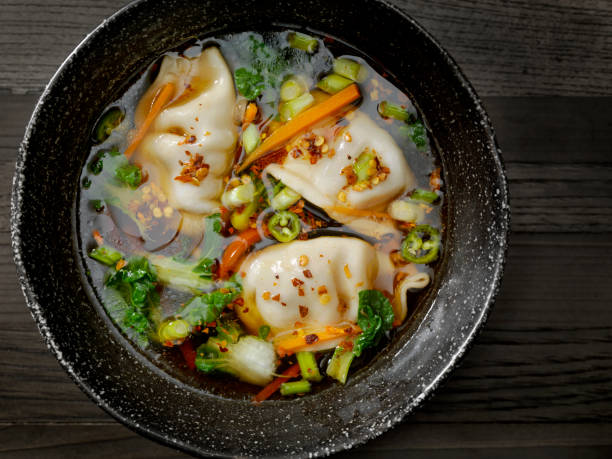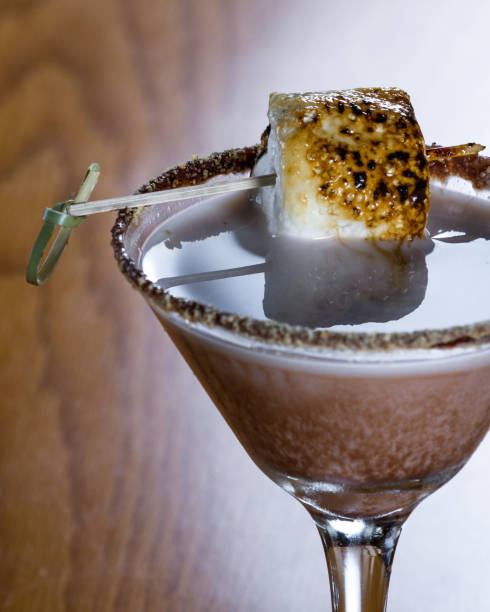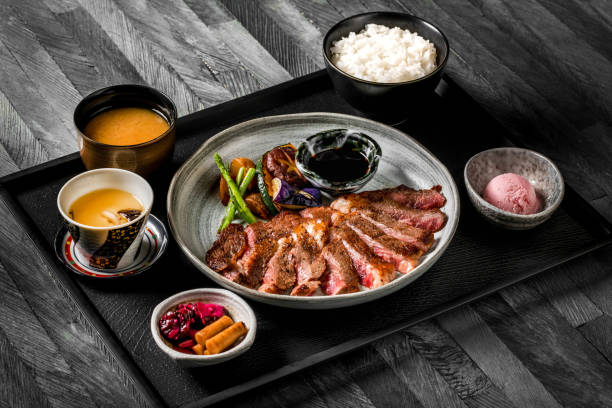Salt isn’t just for margaritas anymore. Since long, bartenders know that adding a few drops to a drink’s bitters can make it more smooth. Now they have discovered that even a small amount of salt can do the same. We’ll be looking at the whys and hows of how tiny grains can enhance the flavor of your favorite mixed drink.
We know from the roots that the Beta Cocktails cult-classic cocktail guide had a cocktail called for Campari salt and was published in 2010.
Here’s the purebred lineage: Alton Brown taught American men how to make their coffee with salt in 2009. Alton Brown may have been inspired by the father of food science–Harold McGee.
It was a problem that bakers solved long before bartenders. They have used salt for caramel and chocolate for years. These two ingredients are known for their complex flavors and strong bitter components.
Salt seems to block bitterness which, in turn, increases the perception of other flavors.
A tiny pinch (or drop) can go a long way.
Even though you don’t know the salt, it works magic. The research has shown that even low levels of salt can suppress bitterness.
How about citrus and salt? The scientific literature suggests that salt may increase the perception of sourness at subthreshold levels. Mixologists are unanimous in stating that adding a few drops of saline to a citrus drink can “brighten” its flavor. A conservative dosage is key. Acidity suppression will occur if you add too much salt to your drink.
*Subthreshold refers to a flavor that is present but not recognized by most tasters.
Is Salt a Flavor Enhancer?
A lot of salt is referred to as a “flavor enhancer”. This refers to salt making meat taste better and grapefruit taste better.
However, I found no physiological connection between salt and the enhancement of basic tastes when I researched. What’s the real story?
One answer is that salt does indeed suppress bitterness. Bitterness then suppresses sweetness. We can intensify liqueur’s sweetness by adding salt to bitter or sweet liqueurs (like Campari).
Another explanation is also possible: People still report salt as enhancing the flavor of food, from the pea-ness of pea soup to hard cheese‘s cheesiness. Although the research doesn’t support a physiological explanation, it seems that the aroma amplifies our perception.
Another element that isn’t discussed often but that has a significant impact on the mouthfeel of mixed beverages is that salt, even in small amounts, increases saliva flow. Any drink that contains saliva will feel a little denser or richer. This is generally desirable.
Salt is not beneficial for all drinks.
I have found that too much salt can cause a drink to lose its “pop” and become less appealing in my experiments. My experiment with a simple homemade treat was to see if my Mai Tais had a lot less pizzazz if I used almond milk with too much sodium.
Here’s another thought. A few years back, I talked to a friend about her supertaster status. This meant she was sensitive to bitter alcohol. She responded to my suggestion to add a few drops to bitter liqueurs to mask their taste. I like bitter.” Try both salt and sugar in your drinks to see which one you prefer.
Salt Use in Home Drinks
Dropper bottles are a good option to ensure consistency. Old bitters bottles also work well. You can also use a weak solution of 1 part salt and 10 parts water. This is about 1/8 teaspoon table salt per 1 tablespoon of water.
You can start with one or two drops in citrus-based drinks. Bitters-heavy drinks may need as many as ten drops, depending on your tolerance for bitterness.




